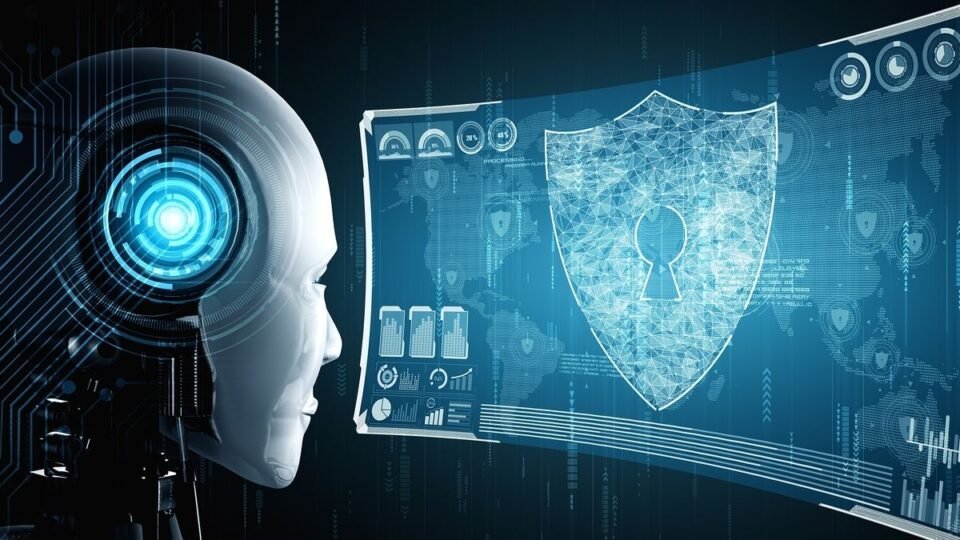Amid growing concerns over the use of artificial intelligence (AI) in cyber attacks, experts are sounding the alarm on the potential for these technologies to cause physical damage to critical infrastructure in the United States. This new era of cyber-physical threats, powered by advanced AI, could target essential systems such as water treatment facilities, the electrical grid, and transportation networks, posing a significant risk to national security.
Cyber-Physical Nexus: A New Frontier in Cybersecurity
According to Silicon Valley’s latest reports, AI’s integration into hacking methodologies enables attackers to not only disrupt digital systems but also manipulate physical operations, leading to potentially catastrophic outcomes. The FBI has recently highlighted Chinese hackers’ deep infiltration into the US cyber infrastructure, aiming to wreak havoc on critical systems. MIT’s Professor Stuart Madnick, a co-founder of Cybersecurity at MIT Sloan (CAMS), emphasizes that technological advancements have now made it possible for cyberattacks to transition from causing temporary outages to inflicting permanent physical damage.
The Role of AI in Elevating Threat Levels
Experts point out that while the capability and opportunity for such cyber-physical attacks exist, the motivation among nation-states to engage in such warfare remains low, primarily due to the potential for escalation into full-blown conflict. However, the proliferation of AI technologies increases the ease with which attackers can exploit vulnerabilities in critical infrastructure, making the threat more imminent. Tim Chase, CISO at Lacework, expresses concern over the aging infrastructure in the US, particularly programmable logic controllers (PLCs), which are prone to AI-assisted attacks that could lead to physical damages.
Implications for National Security and Infrastructure
The potential for AI to facilitate attacks on physical infrastructure calls for a reevaluation of cybersecurity strategies, focusing not only on digital defenses but also on safeguarding physical systems. The ethical implications of using AI in such a manner, as seen in Israel’s deployment of AI in Gaza, further complicate the international discourse on cyber warfare. As AI continues to evolve, the distinction between cyber and physical security becomes increasingly blurred, urging a comprehensive approach to protect against these emerging threats.
As the landscape of cyber threats expands to include physical damage through AI-enhanced attacks, the need for robust cyber-physical security measures has never been more critical. The convergence of digital and physical realms underlines the urgency for policymakers, security professionals, and technology developers to collaborate in fortifying defenses against these sophisticated threats, ensuring the safety and resilience of critical infrastructure in an increasingly interconnected world.

